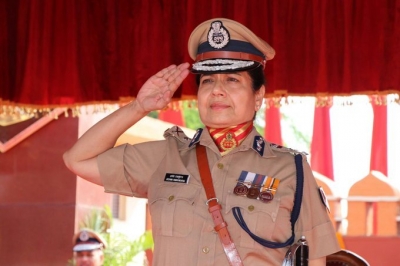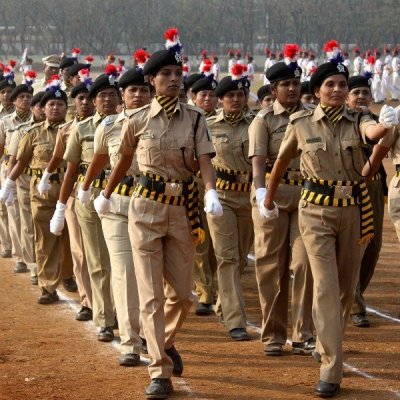What is an FIR ?

If you have followed the news. you must have often read about police making arrests on the basis of an FIR (First Information Report). However, do you know what FIR is?
What is an FIR?
An FIR is a written document prepared by the police in India. Pakistan and Bangladesh. Interestingly, it is not defined in the Indian Penal Code (IPC). Code of Criminal Procedure (CrPC), 1973, or in any other law, but is part of police regulations or rules.
An FIR is generally a complaint lodged with the police by the victim or by someone on his or her behalf about an offence. The informant is given a copy of the FIR free of cost.
After an FIR is filed, the police start investigating the case and can arrest the alleged persons as per law. If there is sufficient evidence to support the complaint, then a chargesheet is filed. Or else, a Final Report mentioning that no evidence was found is filed in court.
Filing an FIR
The procedure for filing an FIR is mentioned under Section 154 of the Criminal Procedure Code. 1973. Anyone can file an FIR either orally or in writing to the police.
People can also lodge an FIR online. Following the filing of an FIR, the police are bound to commence investigation into the case.
Here is the process to file an FIR: One has to visit the nearest police station and inform the police of all the details of the offence either verbally or in writing. If it is a verbal statement, the duty officer writes it down and makes an entry in the General Diary or Daily Diary. If it is a written complaint, one must carry two copies - one for the duty officer and the other for one's personal record.
The police will go through the details after submission of the complaint. Then the information recorded by the police is read over to the complainant.
Then one needs to sign the FIR after verifying that the information recorded by the police is as per the details given.
A free-of-cost copy of the FIR will be given to the complainant with an FIR number, date of FIR and the name of the police station. Both copies of the FIR are stamped bearing a Daily Diary number. It is a proof that the complaint has been received by the police.
These details can be used to access the FIR online for free if the copy is lost.
After an FIR is registered, its contents cannot be changed. However, additional information can be given to the police later on at any point
Zero FIR
The provision of Zero FIR was recommended for the first time in the report of the Justice Verma Committee. It was constituted to make amendments to the Criminal Law in order to speed up trial and enhance punishment for criminals accused of committing sexual assault against women.
The objective of a Zero FIR is to ensure the victim does not have to run to different police stations to get a complaint registered.
A person can even file a Zero FIR which means a police station can receive a complaint regarding an alleged offence that has been committed in the jurisdiction of another police station. The FIR can then be transferred to the concerned police station for further investigation.
If a person is refused by the officer in charge of a police station to register an FIR, he/she can send the complaint to the Superintendent of Police/DCP concerned.
Picture Credit: Google



 Recruitment to the Indian Police Services is done by the Union Public Service Commission (UPSC), over two stages: preliminary, or qualifying stage; and the main stage. This entrance test is common for IAS, IPS and IFS, P&T, and a host of other central government services.
Recruitment to the Indian Police Services is done by the Union Public Service Commission (UPSC), over two stages: preliminary, or qualifying stage; and the main stage. This entrance test is common for IAS, IPS and IFS, P&T, and a host of other central government services.